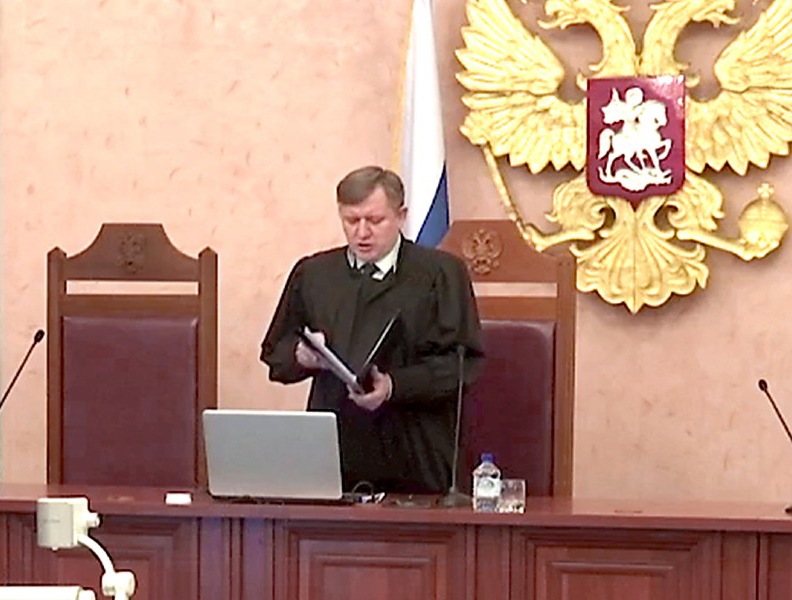U.S. Jehovah’s Witnesses fear for safety of Russian followers after court bans religion
Judge calls Witnesses ‘extremist’

On Thursday, Russia’s Supreme Court banned the Jehovah’s Witnesses as an “extremist” group, ordering them to liquidate their national headquarters and local offices and turn over all of their property.
The ruling affects more than 170,000 members of the religious organization living in Russia.
Over the past century, the Jehovah’s Witnesses have been an integral part of Brooklyn Heights, until recently the home of its world headquarters. The organization is currently selling the last of its properties in Brooklyn as it relocates to Warwick, in upstate New York.

Brooklyn Boro
View MoreNew York City’s most populous borough, Brooklyn, is home to nearly 2.6 million residents. If Brooklyn were an independent city it would be the fourth largest city in the United States. While Brooklyn has become the epitome of ‘cool and hip’ in recent years, for those that were born here, raised families here and improved communities over the years, Brooklyn has never been ‘uncool’.